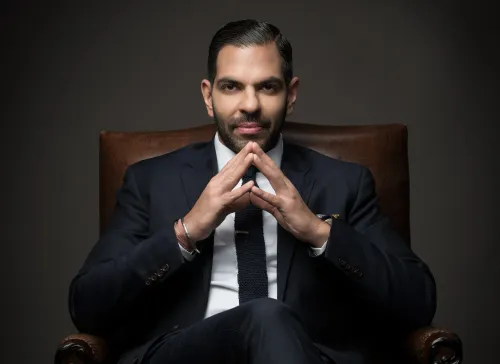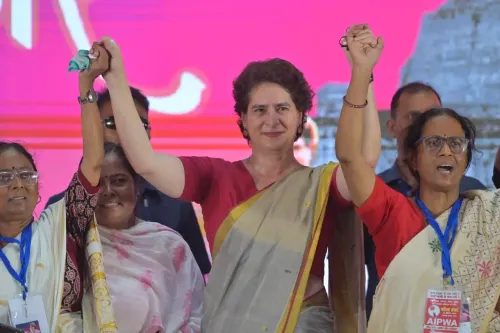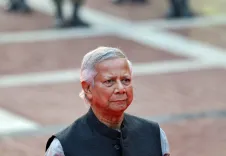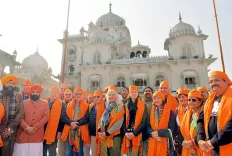Is a Uniform Civil Code (UCC) Needed Now?

Synopsis
Key Takeaways
- The Delhi High Court has called for a need for clarity in the Uniform Civil Code (UCC).
- Legislative measures are needed to balance personal laws with national statutes.
- Conflicts between Islamic law and Indian criminal law raise significant legal dilemmas.
- A pragmatic approach could standardize core protections against child marriage.
- Discussions on Article 44 of the Constitution are ongoing.
New Delhi, Sep 26 (NationPress) In a pivotal observation regarding the Uniform Civil Code (UCC), the Delhi High Court has emphasized the pressing requirement for legislative clarity to prevent personal or customary laws from taking precedence over national legislation.
“Isn't it time to adopt a Uniform Civil Code (UCC), ensuring a unified framework where personal or customary laws do not take precedence over national statutes? [T]he Legislature must determine whether to continue criminalizing entire communities or to foster peace and harmony through legal certainty,” remarked a single-judge Bench led by Justice Arun Monga, while granting bail to a 24-year-old man accused of marrying a minor under Islamic personal law.
The prosecutrix herself supported her husband and opposed his prosecution; however, official documents revealed she was merely 14 at the time of marriage.
According to Islamic law, puberty (assumed at 15) is regarded as sufficient for a valid marriage contract. Conversely, under penal laws such as the Protection of Children from Sexual Offences (POCSO) Act and the Bharatiya Nyaya Sanhita (BNS), any sexual relationship with an individual under 18 is classified as statutory rape.
“This recurring conflict is evident – under Islamic law, a minor girl who reaches puberty may marry lawfully, but under Indian criminal law, such a marriage renders the husband an offender under the BNS and/or POCSO or both,” noted Justice Monga.
This raises a profound dilemma: should an entire community be criminalized for adhering to long-standing personal laws? The judgment recognized that opponents of the UCC warn against uniformity, stating that it may undermine the religious freedom guaranteed by the Constitution. However, Justice Monga stressed that the freedom of religion cannot extend to practices that contradict laws established to protect children and vulnerable individuals.
“A practical middle ground could involve standardizing core protections, such as prohibiting child marriages universally with legal repercussions, as these directly conflict with both BNS and POCSO. Meanwhile, less contentious personal matters might be permitted to evolve gradually within their respective communities,” the judgment proposed.
Before reaching a conclusion, Justice Monga considered extensive arguments from experts in Islamic law, including Prof. Faizan Mustafa, Vice Chancellor of Chanakya National Law University, along with academics from Jamia Millia Islamia and Woxsen University. These remarks surface amid ongoing discussions regarding Article 44 of the Constitution, which mandates the State to strive for a UCC.









